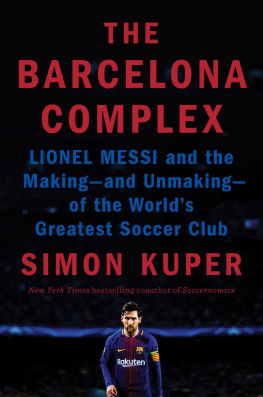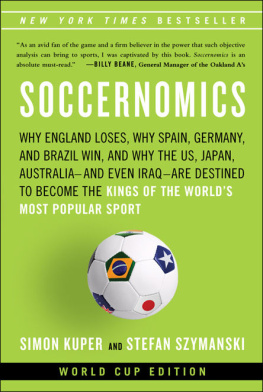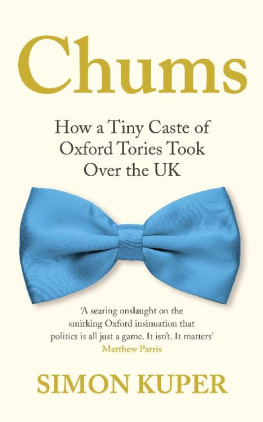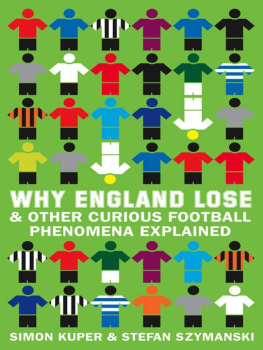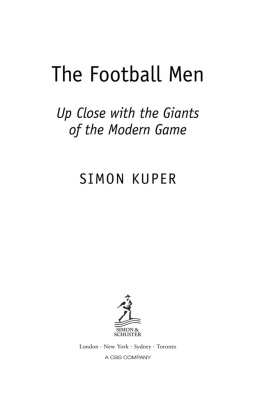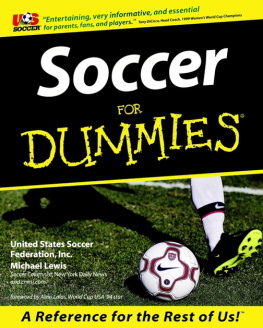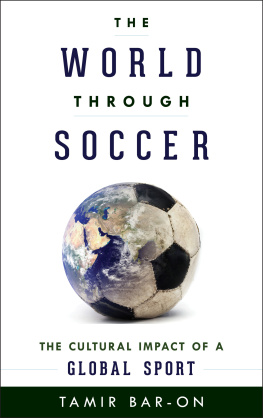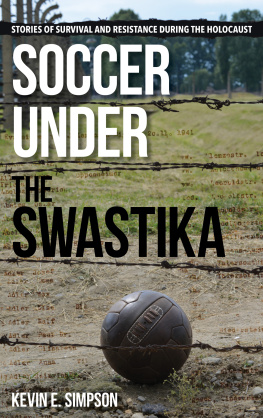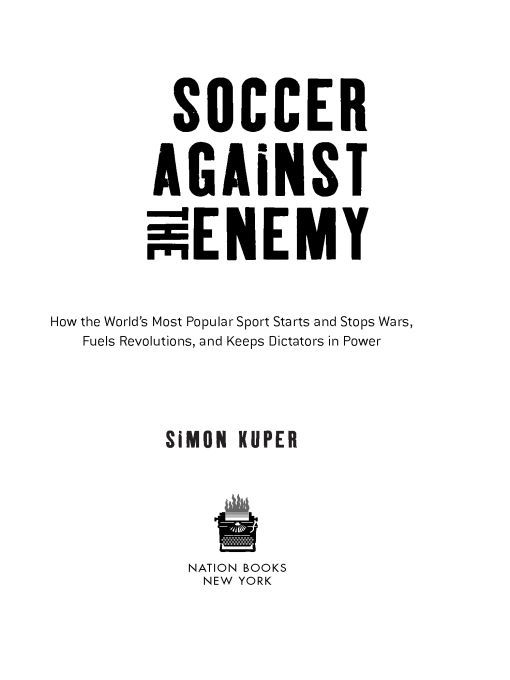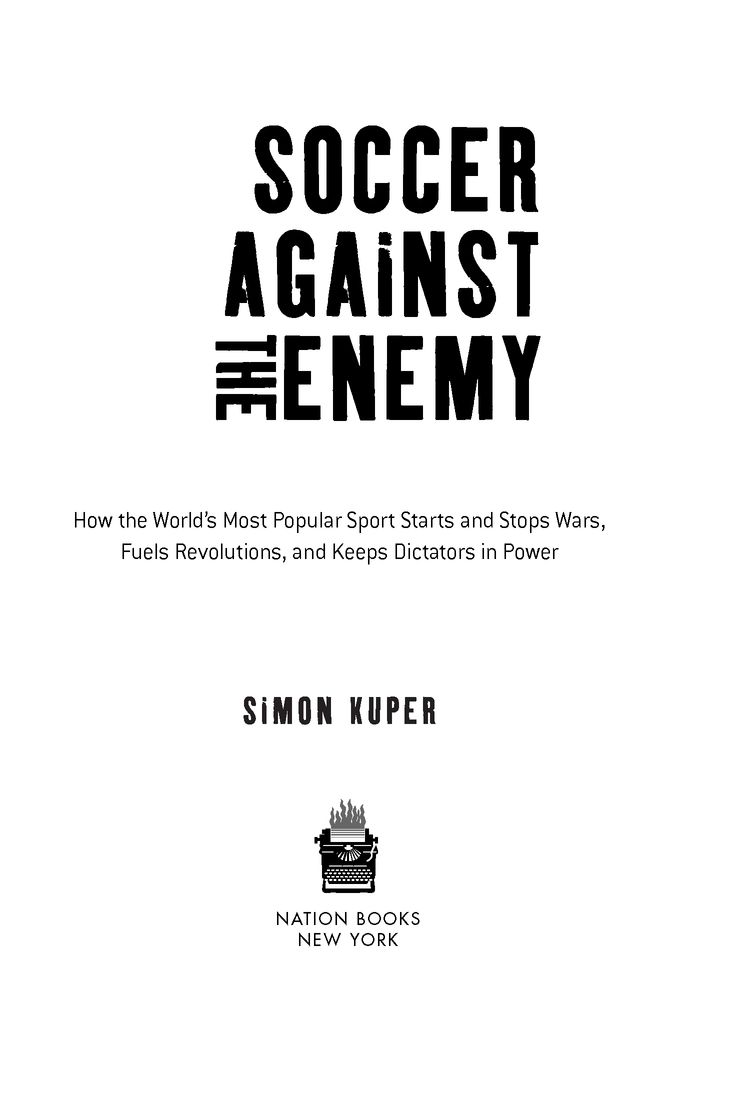Simon Kuper - Soccer Against the Enemy: How the Worlds Most Popular Sport Starts and Fuels Revolutions and Keeps Dictators in Power
Here you can read online Simon Kuper - Soccer Against the Enemy: How the Worlds Most Popular Sport Starts and Fuels Revolutions and Keeps Dictators in Power full text of the book (entire story) in english for free. Download pdf and epub, get meaning, cover and reviews about this ebook. year: 2010, publisher: Nation Books, genre: Art. Description of the work, (preface) as well as reviews are available. Best literature library LitArk.com created for fans of good reading and offers a wide selection of genres:
Romance novel
Science fiction
Adventure
Detective
Science
History
Home and family
Prose
Art
Politics
Computer
Non-fiction
Religion
Business
Children
Humor
Choose a favorite category and find really read worthwhile books. Enjoy immersion in the world of imagination, feel the emotions of the characters or learn something new for yourself, make an fascinating discovery.

- Book:Soccer Against the Enemy: How the Worlds Most Popular Sport Starts and Fuels Revolutions and Keeps Dictators in Power
- Author:
- Publisher:Nation Books
- Genre:
- Year:2010
- Rating:5 / 5
- Favourites:Add to favourites
- Your mark:
Soccer Against the Enemy: How the Worlds Most Popular Sport Starts and Fuels Revolutions and Keeps Dictators in Power: summary, description and annotation
We offer to read an annotation, description, summary or preface (depends on what the author of the book "Soccer Against the Enemy: How the Worlds Most Popular Sport Starts and Fuels Revolutions and Keeps Dictators in Power" wrote himself). If you haven't found the necessary information about the book — write in the comments, we will try to find it.
Simon Kuper traveled to twenty-two countries to discover the sometimes bizarre effect soccer can have on politics and culture. At the same time he tried to discover what makes different countries play a simple game so differently.
Kuper meets a remarkable variety of fans along the way, from the East Berliner persecuted by the Stasi for supporting his local team, to the Argentine general with his own views on tactics. He also illuminates the frightening intersection between soccer and politics, particularly in the wake of the attacks of 9-11, where soccer is obsessed over by the likes of Osama bin Laden. The result is one of the worlds most acclaimed books on the game, and an astonishing study of soccer and its place in the world.
Simon Kuper: author's other books
Who wrote Soccer Against the Enemy: How the Worlds Most Popular Sport Starts and Fuels Revolutions and Keeps Dictators in Power? Find out the surname, the name of the author of the book and a list of all author's works by series.

